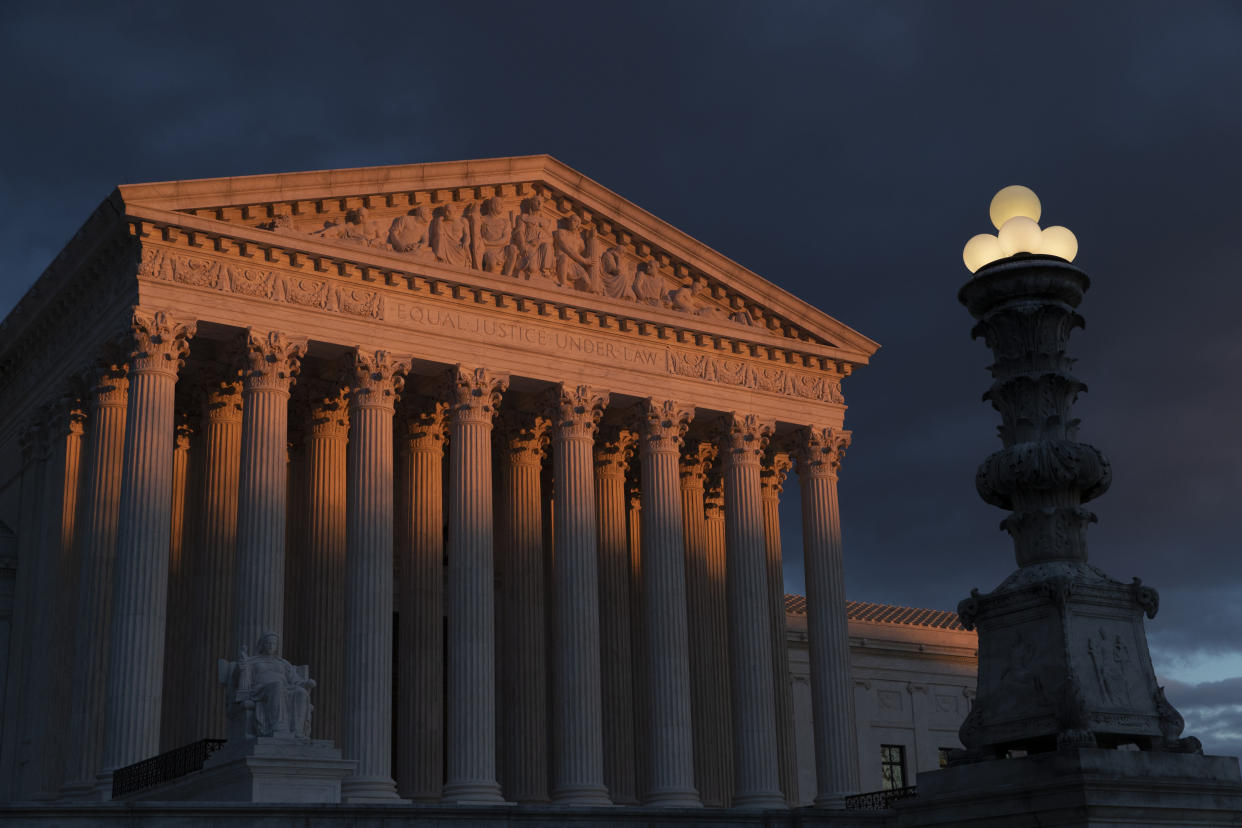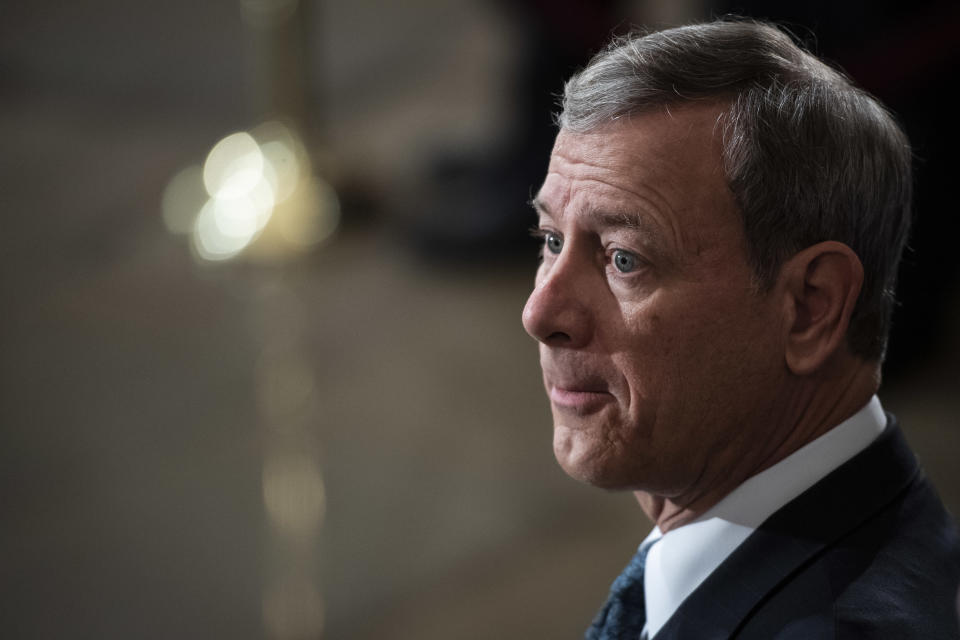Supreme Court issues temporary stay on Louisiana law curtailing abortion rights

In what could give the first hints of how the new conservative majority on the Supreme Court might go about limiting abortion rights, the court put off a Friday ruling on whether to grant an injunction against a Louisiana law that would likely close all but one abortion clinic in that state.
Instead, the high court temporarily stayed a lower court ruling that would have allowed the law, known as Louisiana Act 620, to go into effect on Monday.
Justice Samuel Alito wrote on Friday that “the justices need time to review” the filings in the case.
The law is essentially identical to one in Texas that the Supreme Court struck down in 2016 for placing an "undue burden" on women. The Louisiana law, like the Texas version, requires abortion providers to have admitting privileges at a hospital within 30 miles of a clinic.
In fact, the only real difference between the 2016 and 2019 laws is the retirement of moderate Anthony Kennedy, who provided the swing vote rejecting the Texas version, and the additions of conservatives Neil Gorsuch and Brett Kavanaugh.
If the court issues a formal stay in June Medical Services v. Gee it will likely go on to hear the case and either reaffirm or reverse the Texas ruling in Whole Woman's Health v. Hellerstedt. If the justices refuse to issue a stay, then the law will likely take effect on Monday and the court will have sent the message that states can feel free to add such restrictions to abortion access without interference from the court.
Court scholars and observers generally agree that with the addition of two Trump appointees the future of abortion access as a federal right is in jeopardy. It is possible that the court will issue a decision that directly reverses Roe v. Wade, which says that the right to privacy includes the right to abortion. More likely, however, is a chipping away of the right rather than an outright overturn.
That second approach, after all, has been underway almost since Roe was decided 46 years ago.

“The reality of access for so many women, especially women living in red states like Louisiana, is already very bleak,” said Amanda Thayer, deputy national communications director for NARAL Pro-Choice America. “Either way this goes, this case is a tangible example of how the Supreme Court has the ability to devastate the rights of countless women. And it illustrates how this is achievable without even directly challenging Roe v. Wade — the effective elimination of abortion access is possible by chipping away at these rights as well.”
“We’ve already seen death by a thousand cuts on Roe,” says Lisa Tucker, associate professor of law at the Drexel University Thomas R. Kline School of Law. The decision that introduced the “undue burden” standard in the first place in 1992, Planned Parenthood v. Casey, rejected a spousal notification requirement while allowing for a required waiting period. “Under this court that would accelerate, with legislatures sending out more and more laws that are more and more restrictive and the court upholding them until you have the right in name only because no one in a state can practically speaking exercise that right.”
Of particular interest to court watchers will be whether Chief Justice John Roberts votes to grant the stay in the Louisiana case. He is now essentially the swing vote on the court and is known to be particularly aware of the importance of precedent and legitimacy of the court, things he sees as larger and more important than any one case.
_____
Read more from Yahoo News:


